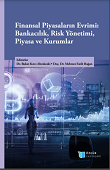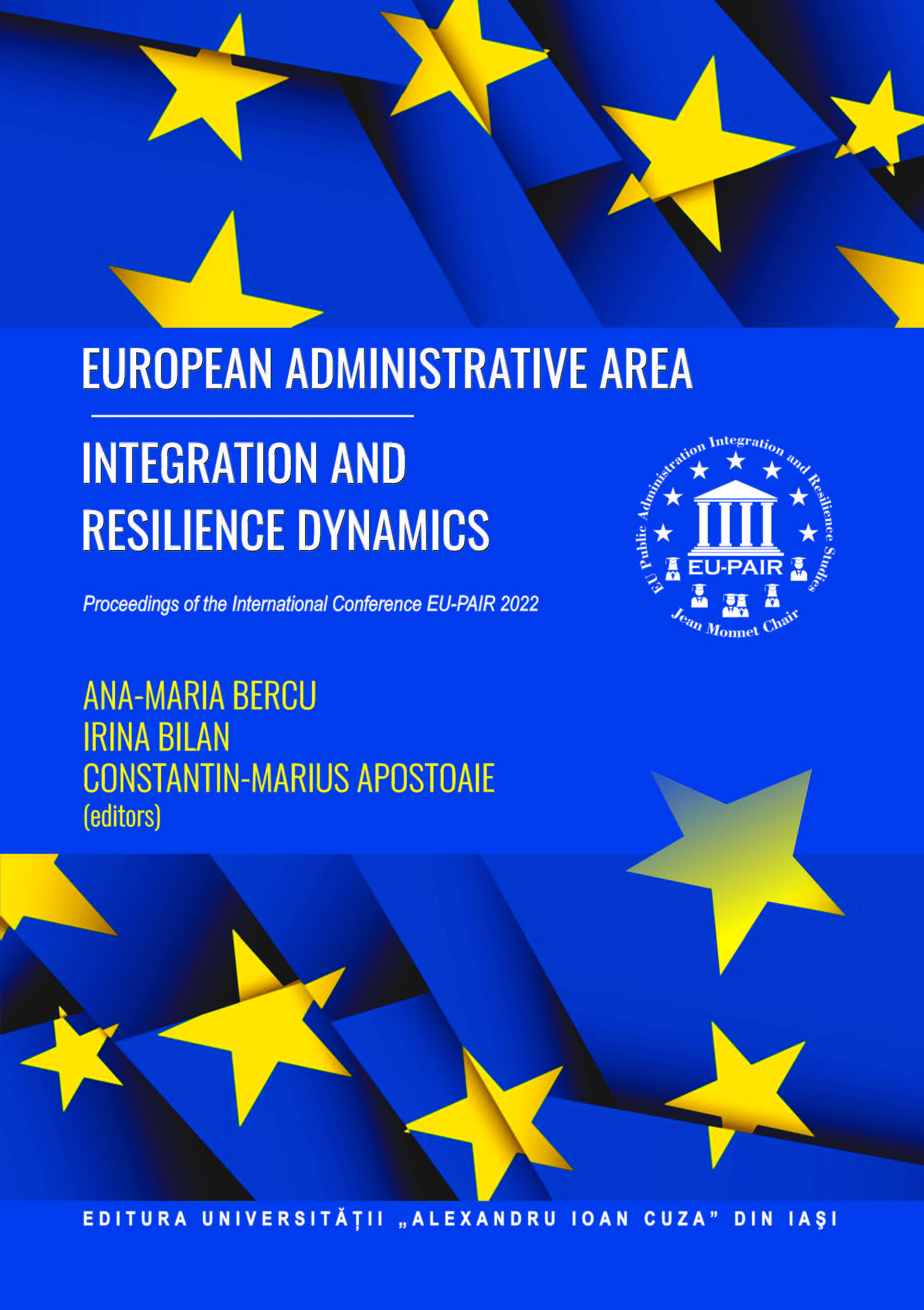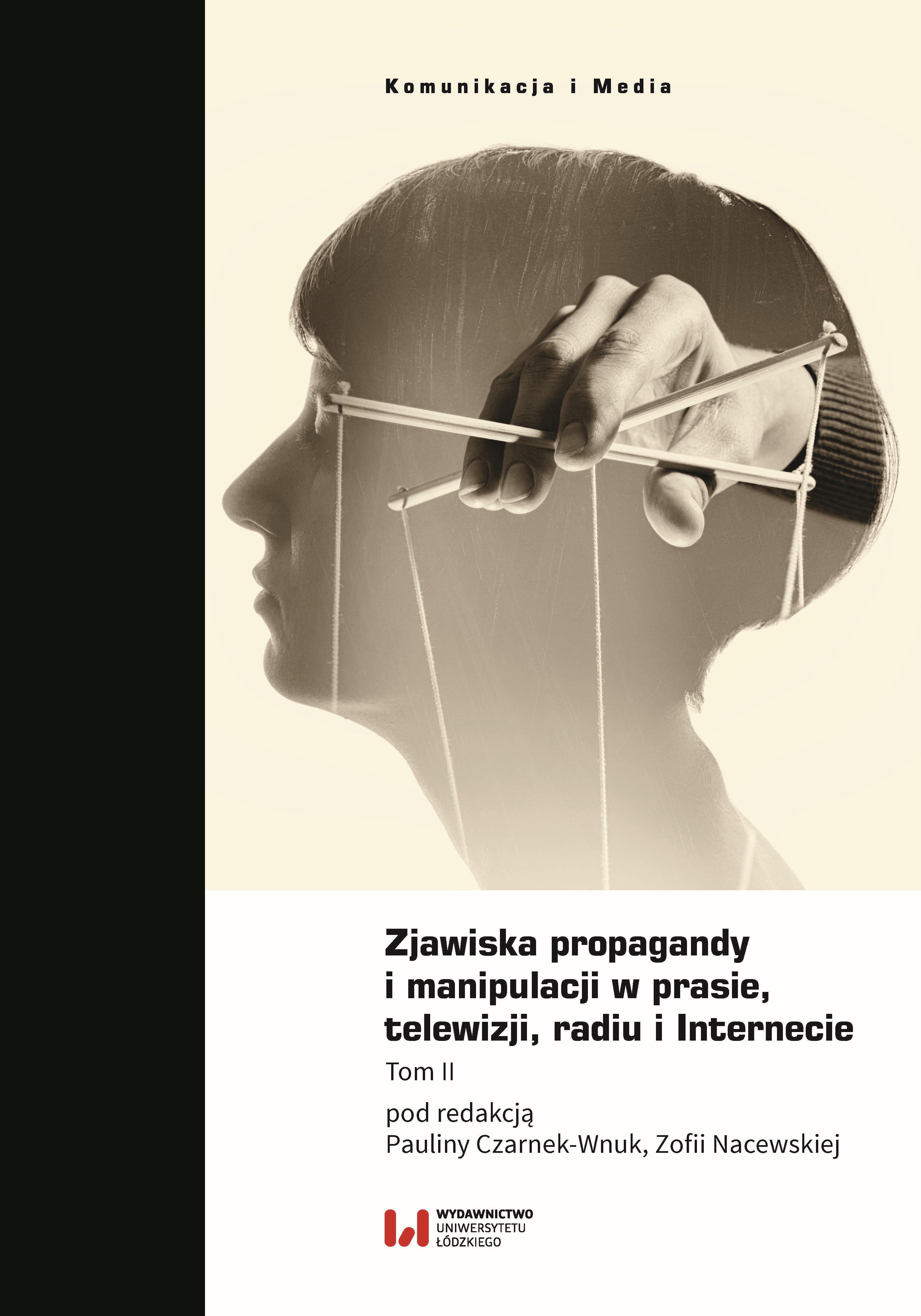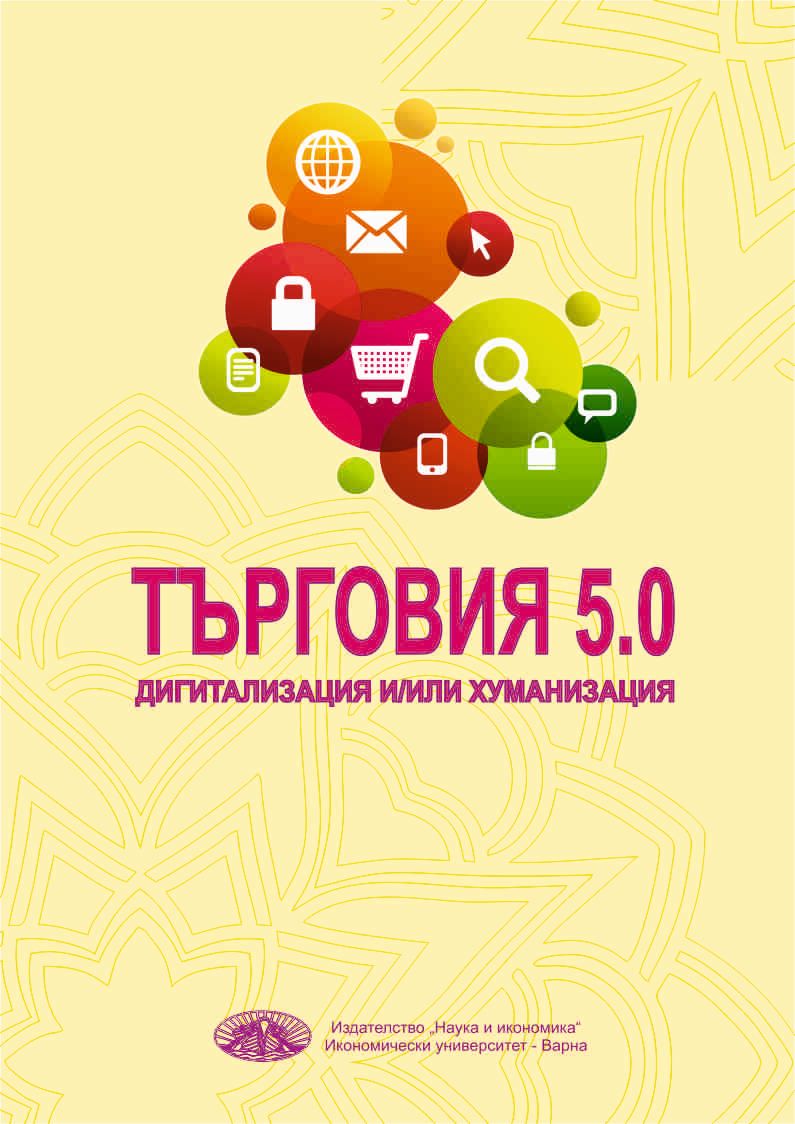Author(s): Çilem Tuğba Koç / Language(s): Turkish
Publication Year: 0
Contrary to popular belief, the development of social theory is not a series of hollow-plate hypotheses that have nothing to do with reality. Social theories, on the other hand, are a collection of perspectives that, from the very beginning, address the social reality that has been experienced, provide for the purpose of understanding and explaining social phenomena, and occasionally support one another. Social phenomena such urbanization, mass society, consumerism, alienation, and discrimination are concepts that clarify the social reality in which we live rather than hollow abstractions. As a consequence, contrary common belief, social theories that attempt to make sense of social reality through these concepts are not just hollow ideas. After the Industrial Revolution, sociology developed as a component of modernization, even being referred to as the "science of modernity (new)," and addressed the society in which the masses/crowd existed. Individuals/crowds relocated to cities as a result of industrialization are considered to form a mass in an isolated manner, similar to how atom components create mass. Developments in communication tools have turned the head of the modern man unprecedentedly, the assumption that these technologies are efficient in influencing the masses prepared the birth of Mass Communication Research as a distinct discipline. Instead of presenting a narrative of fragmented Communication Theories to models by decomposing from Sociology, this article aims to reestablish the association among Communication Research and Sociology. The study, encompassed the Chicago School's approaches to the notion of communication and communication tools, which permitted the establishment of Sociology as a discipline, and it also included the Chicago School's Communication research. In addition, the article featured the Communication Research of the Chicago School Sociologists, who were mentioned in the mass media research with this period, as the period under study was also called the period of strong effects in the history of Communication Studies.
More...







